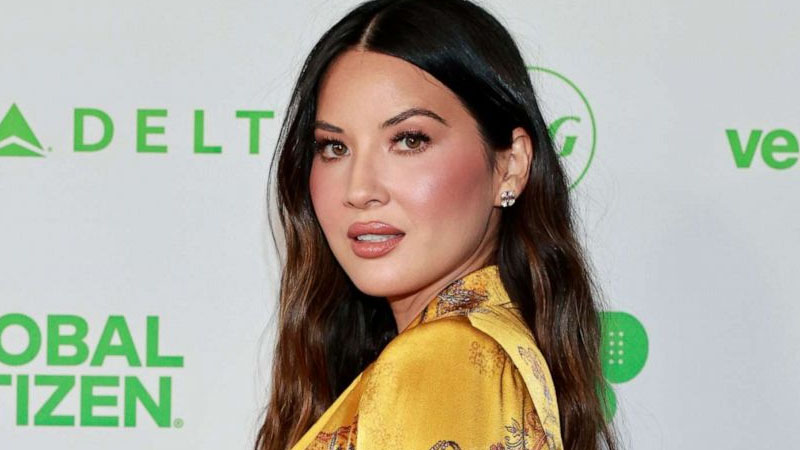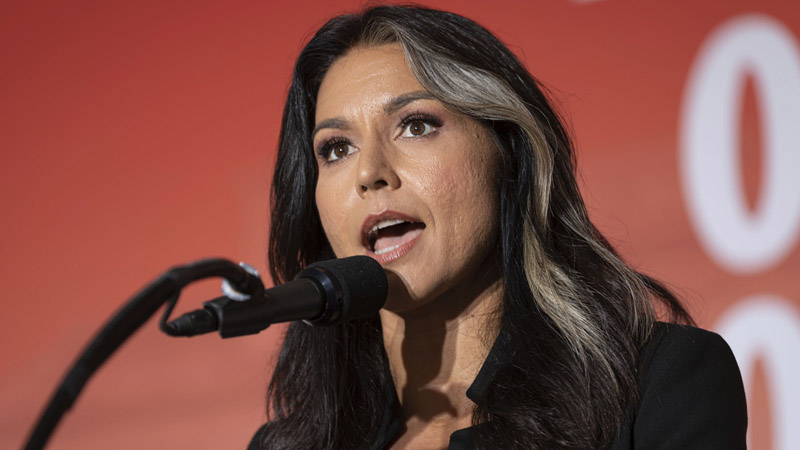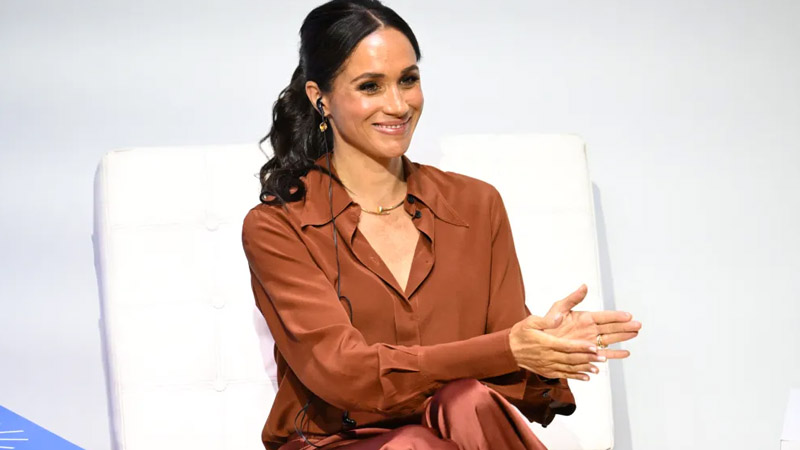Olivia Munn explains why she had a full hysterectomy amid her ongoing cancer battle

Emma Mcintyre/Getty Images, FILE
Olivia Munn has courageously shared details about her personal health struggles, including a full hysterectomy, as part of her ongoing battle against breast cancer. Diagnosed in 2023, Munn first made her condition public in March of this year, opening up about the difficult decisions she has had to face during this challenging time.
The actress, known for her role in “The Predator,” underwent significant medical treatment to combat her cancer. Part of this treatment involved the removal of hormones from her body, a preventive measure recommended to reduce the risk of cancer recurrence. This led to her decision to have a full hysterectomy, a surgery that involves removing the uterus, which has profound implications on fertility.
“I have now had a full hysterectomy. I took out my uterus, fallopian tubes, and ovaries,” said Munn in an exclusive interview with Vogue. The Ride Along actress told the outlet, “Doing a full hysterectomy was a big decision to make, but it was the best decision for me because I needed to be present for my family.”
Munn mentioned, “A real breakdown. Because it’s just so strange when you’ve been with this body your entire life, had your period for so long, feel when you’re ovulating, and all of a sudden it’s gone.” “I had friends try to cheer me up by saying, ‘Malcolm’s not going to remember this. Don’t worry,’” disclosed the 43-year-old.
“It’s his childhood, but it’s my motherhood, and I don’t want to miss any of these parts if I don’t have to,” she added. Before the hysterectomy, Munn froze her eggs, saying, “It’s interesting because my 33-year-old eggs were great. My 39-year-old eggs? None of them worked,” she noted.
Munn, who has a two-year-old son with her partner, comedian John Mulaney, discussed the emotional and physical impacts of her surgery. She explained that the hysterectomy means she will not be able to have more children. This revelation was accompanied by reflections on fertility and age, as she remarked on the variability of egg quality from month to month as one grows older. She poignantly noted that at 39, not every month yields viable eggs, and unfortunately, the timing for expanding her family further had not aligned favorably.
Her openness about such a personal and painful aspect of her life sheds light on the complex choices women face when dealing with serious health issues such as cancer. Munn’s story not only highlights the harsh realities of cancer treatment but also speaks to broader themes of fertility, motherhood, and the sometimes stark consequences of medical interventions.
As she navigates her recovery and adapts to these life changes, Munn continues to be an advocate for cancer awareness and support, using her platform to educate and connect with others who may be going through similar experiences. Her willingness to discuss these intimate details of her health journey publicly adds a vital perspective to the conversation about women’s health and the impacts of cancer treatments on fertility.


